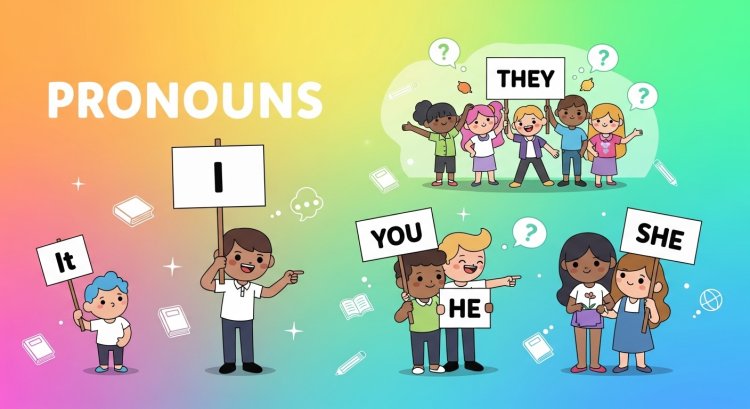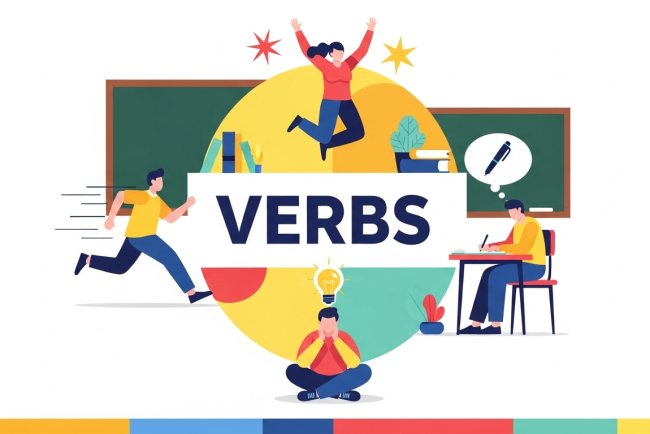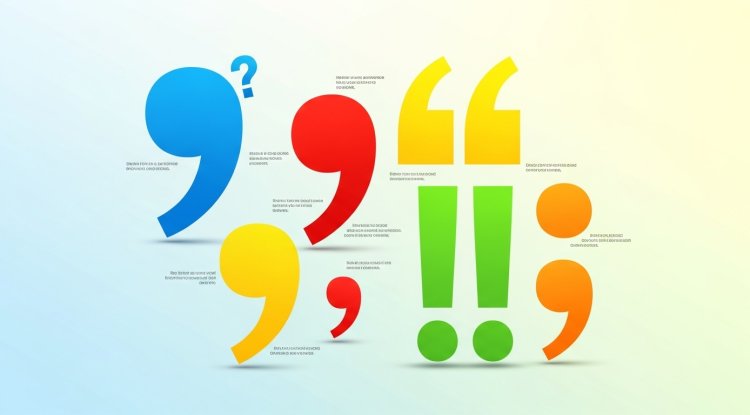Understanding Pronouns – A Complete Guide
Learn everything about pronouns, their types, examples, and common mistakes. Improve your grammar skills with this complete guide to pronouns.

Pronouns are words that take the place of nouns in a sentence. Instead of repeating the name of a person, place, or thing, we use pronouns to make sentences smoother and less repetitive. For example:
-
Instead of saying Mary loves Mary’s dog, we say Mary loves her dog.
In this case, her is the pronoun replacing Mary’s.
Why Are Pronouns Important?
Pronouns make communication clearer and more natural. Without them, our sentences would sound awkward and repetitive. Imagine saying:
-
James said James will help James’ friend tomorrow.
With pronouns, it becomes: -
James said he will help his friend tomorrow.
Pronouns help us save words and improve flow in both spoken and written language.
Types of Pronouns
1. Personal Pronouns
These refer to specific people or things. Examples include I, you, he, she, it, we, they.
-
I am learning English.
-
She is very talented.
2. Possessive Pronouns
These show ownership. Examples: mine, yours, his, hers, ours, theirs.
-
This book is mine.
-
That house is theirs.
3. Reflexive Pronouns
These reflect back to the subject. Examples: myself, yourself, himself, herself, itself, ourselves, themselves.
-
She taught herself how to play the piano.
-
I made this cake myself.
4. Demonstrative Pronouns
These point to specific things. Examples: this, that, these, those.
-
This is delicious.
-
Those are my shoes.
5. Relative Pronouns
These connect clauses or phrases to nouns. Examples: who, whom, whose, which, that.
-
The teacher who helped me was kind.
-
This is the car that I bought.
6. Interrogative Pronouns
Used to ask questions. Examples: who, whom, whose, which, what.
-
Who is coming to the party?
-
Which color do you prefer?
7. Indefinite Pronouns
These refer to non-specific people or things. Examples: someone, anyone, everyone, nobody, something, anything, everything.
-
Someone left their bag here.
-
Nobody knows the answer.
Common Mistakes with Pronouns
-
Pronoun-Antecedent Agreement: A pronoun must agree with the noun it replaces in number and gender.
-
Incorrect: Every student must bring their notebook.
-
Correct: Every student must bring his or her notebook.
-
-
Unclear Pronoun Reference: Make sure it is clear what noun the pronoun is replacing.
-
Confusing: Tom told Jerry that he won the prize. (Who won, Tom or Jerry?)
-
Quick Pronoun Practice
Try replacing the nouns with pronouns:
-
Sarah and Michael said Sarah and Michael will attend Sarah and Michael’s graduation.
Answer: Sarah and Michael said they will attend their graduation.
Conclusion
Pronouns are a small but powerful part of speech. They make our communication smoother, clearer, and more natural. Mastering their use is essential for speaking and writing effectively.
Take a Test on Pronouns
Want to test your knowledge of pronouns? Download the QuizNova app and take a quick quiz to check your understanding.
What's Your Reaction?


















